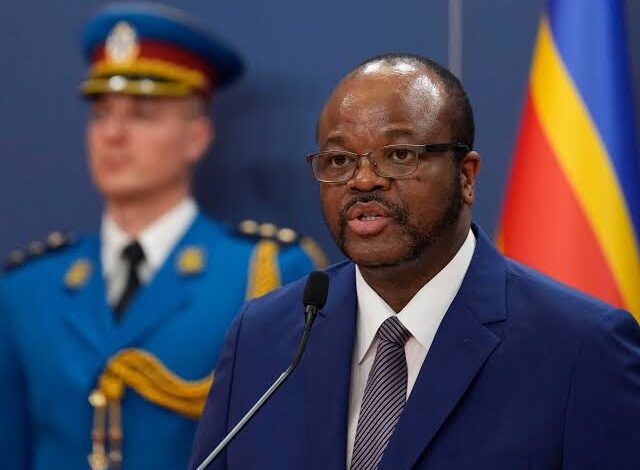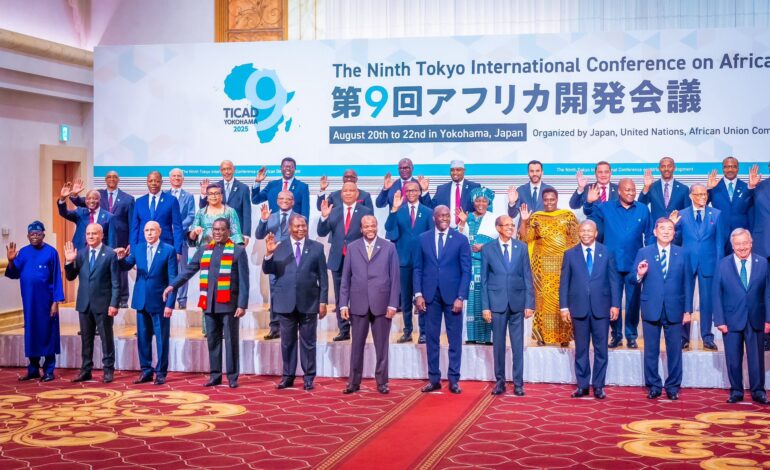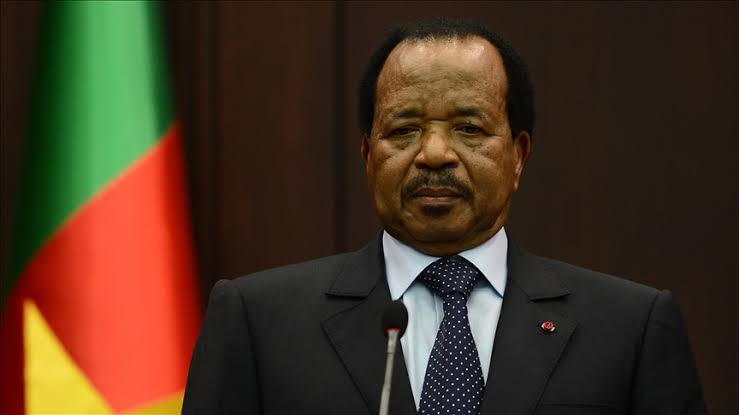
Faith Nyasuguta
Cameroon finds itself at a critical political crossroads as its 92-year-old President, Paul Biya, has been officially cleared by the Constitutional Council to run for an unprecedented eighth term. While this paves the way for an extension of his nearly 43-year reign, critics – lawyers, activists, and opposition figures – have raised alarm over democratic erosion, governance stagnation, and the suppression of dissent.
The decisive moment came on August 22, 2025, when the Constitutional Council dismissed a legal attempt to disqualify Biya from the October presidential race. The appeal, filed by veteran anti-corruption lawyer Akere Muna, cited the president’s advanced age, health concerns, and reliance on aides as grounds for ineligibility. However, the court ruled the motion lacked substance, clearing Biya’s path to the ballot box. Muna later remarked, “President Biya reigns but he doesn’t govern,” underlining the public unease over his cognitive fitness.
While Biya’s candidacy advanced, the competition narrowed sharply. Maurice Kamto, one of his main challengers, was barred from the race after the electoral commission rejected his application on technical grounds. The Constitutional Council upheld this decision, effectively eliminating Biya’s most formidable opponent. Kamto’s exclusion – blamed on internal party registration disputes – triggered public outrage and heightened concerns over the fairness of the electoral process.
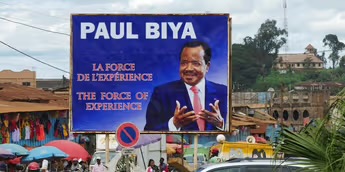
Beyond individual cases, widespread discontent lingers. In June 2025, civil society leaders, academics, religious authorities, and traditional chiefs launched a public appeal urging Cameroonians to reject Biya’s candidacy. They framed his continued rule as emblematic of a stagnant and opaque system – ineffective at addressing crises such as corruption, economic malaise and violent unrest in the English-speaking regions.
There are also signs of fracturing within the ruling elite. Two former Biya ministers, Issa Tchiroma Bakary and Bello Bouba Maigari, broke ranks and declared their own presidential bids. Both hail from strong electoral bases in the north and signal possible realignments inside the power structure.
All of this unfolds under the cloud of dissent suppression. Kondengui Prison in Yaounde, notorious for its overcrowding and harsh conditions, has become a symbol of the regime’s crackdown. Many political prisoners and anglophone activists languish under conditions that human rights groups say reflect a broader erosion of civil liberties, particularly as elections loom.
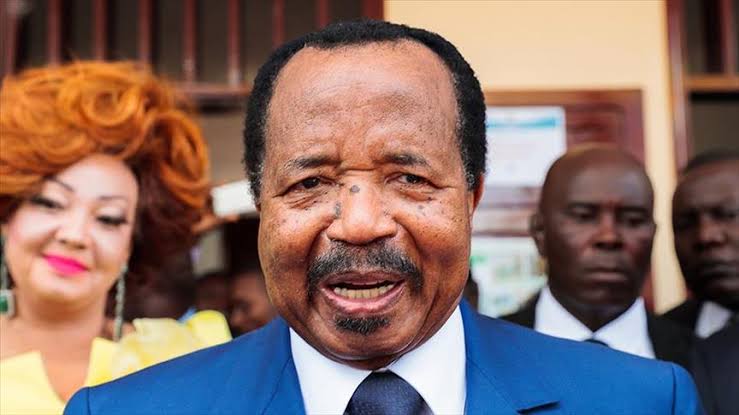
Adding to the unease is the fact that media freedom remains tightly constrained. One broadcaster was suspended after questioning Biya’s candidacy on-air, highlighting how even mild dissent provokes swift retribution from the authorities.
Despite growing criticisms, the final list of approved presidential candidates was released in mid-August. Alongside Biya, contenders include Akere Muna, Joshua Osih, Cabral Libii, Patricia Tomaino Ndam Njoya (the only female candidate), Issa Tchiroma, and Bello Bouba Maigari. A total of 13 candidates were approved from a pool of 83 submissions.
Cameroonians now prepare for an election set amid deep political unease. With Biya’s enduring grip on power – bolstered by limited media freedom, disqualification of key rivals, and suppression of opposition – the process raises fundamental questions about the integrity of democracy in the oil-rich but restive nation.
Cameroon’s October election looms as both a referendum on Biya’s longevity and a critical test of its institutions. Can elections held under such conditions pave the way for genuine change, or will history record another chapter in a prolonged era of uncontested rule?
RELATED:






